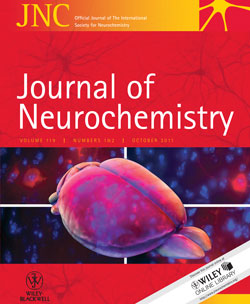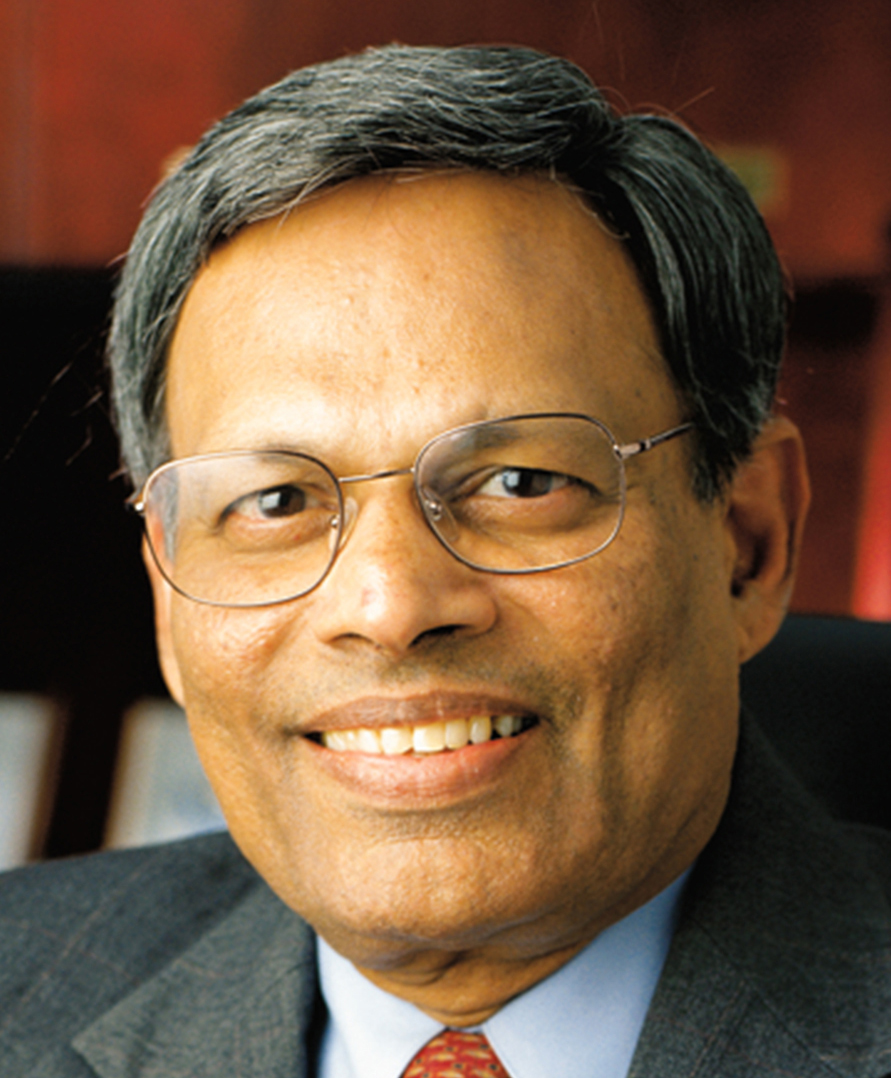 Shocked, confused, disappointed — these are the reactions of authors who recently published in a cancer journal that was delisted by a company that indexes journals.
Shocked, confused, disappointed — these are the reactions of authors who recently published in a cancer journal that was delisted by a company that indexes journals.
Recently, Clarivate Analytics announced it would discontinue indexing Oncotarget after the first few issues of 2018 — as a result, the journal would not receive a current impact factor. The company did not tell us a specific reason why, simply saying it “no longer meets the standards necessary for continued coverage.” Last year, the journal was also removed from the U.S. government biomedical research database MEDLINE, also with no explanation. (At the time, the National Library of Medicine’s Associate Director for Library Operations told us readers who are familiar with the guidelines MEDLINE follows when deselecting journals “can draw their own conclusions” as to why Oncotarget was removed.)
After we covered Clarivate’s decision to delist Oncotarget, many posted comments on the story, including suggestions the move could hurt authors who submitted papers before the announcement. (Some comments also appeared to be versions of the same request that the journal be indexed through January 15.)
We reached out to many of the corresponding authors on papers in the January 26 issue, the seventh issue published in 2018. Many are based at leading institutions around the world; all had submitted their manuscripts months ago. Some noted that they were surprised by the decision, as the review process appeared quite rigorous; some told us that if they’d known the journal was going to be delisted, they would not have submitted their papers there.
Continue reading When a journal is delisted, authors pay a price

 A former researcher at New York University falsified and/or fabricated data in multiple papers and grant applications,
A former researcher at New York University falsified and/or fabricated data in multiple papers and grant applications,  After being “blindsided” a few months ago when she was told one of her 2005 papers was going to be retracted, a researcher scrambled to get information about why. And when she didn’t like the answers, she took to PubPeer.
After being “blindsided” a few months ago when she was told one of her 2005 papers was going to be retracted, a researcher scrambled to get information about why. And when she didn’t like the answers, she took to PubPeer. In a
In a 



 Shocked, confused, disappointed — these are the reactions of authors who recently published in a cancer journal that was delisted by a company that indexes journals.
Shocked, confused, disappointed — these are the reactions of authors who recently published in a cancer journal that was delisted by a company that indexes journals. An independent analysis of how The Ohio State University reviewed allegations of misconduct against a high-profile cancer researcher has found that the institution “complied with applicable law and with relevant institutional policies and reached reasoned and supportable conclusions.”
An independent analysis of how The Ohio State University reviewed allegations of misconduct against a high-profile cancer researcher has found that the institution “complied with applicable law and with relevant institutional policies and reached reasoned and supportable conclusions.”